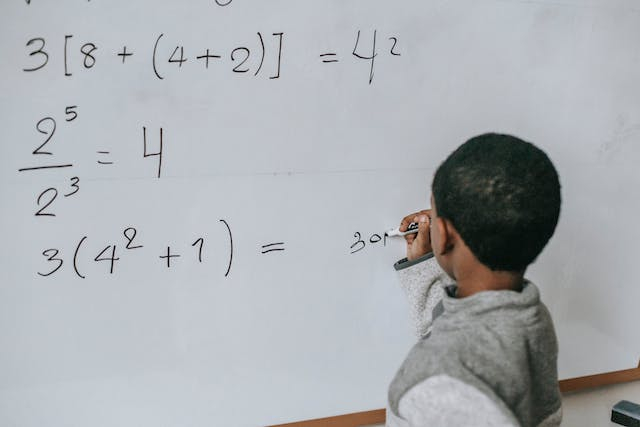Focus paraprofessional support on health, safety, and behavior needs, rather than academic needs
Across the nation, there has been a steady increase in the number of paraprofessionals supporting students in recent years. While paraprofessionals play a crucial role, especially for students with severe needs, autism, or behavior issues, their expanding involvement in academic support goes against best practices. Students with special needs and those who struggle benefit most from instruction by content-strong teachers and extra instructional time, rather than additional support during core instruction. Surprisingly, having an aide can reduce the attention a student receives from the main teacher, as the teacher may assume the student with an aide already has sufficient adult support. This results in students with the greatest needs getting less attention from a teacher certified in the subject.
It's vital for districts to refocus paraprofessional support on health, safety, and behavior needs. Academic needs should be addressed by certified reading teachers, Response to Intervention (RTI) interventionists, and other trained specialists. Fortunately, most districts can reorganize their staffing to better meet student needs without increasing costs. This shift ensures that students receive the appropriate support from specialists while maintaining a cost-neutral approach.













